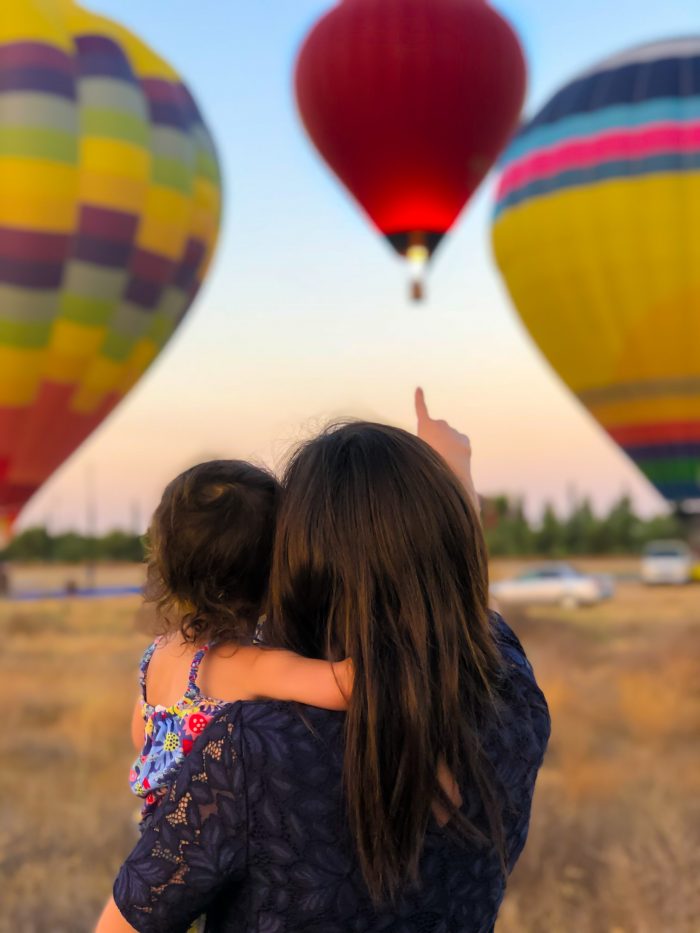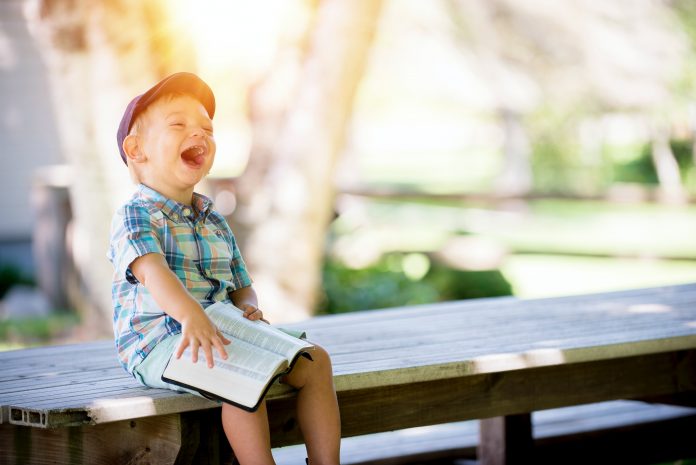Reading to our children has amazing benefits, including a life-long love of reading, a stronger vocabulary, bonding with those who read to them, and developing better listening skills, just to name a few. We know we should aim for 20 minutes a day, but sometimes it can feel like a chore. How can we keep reading books fresh, fun and entertaining, but also as educational as possible?
According to the National Commission on Reading, “The single most significant factor influencing a child’s early educational success is an introduction to books and being read to at home before beginning school.”
The single most significant factor? That might seem like a lot of pressure, but don’t worry; reading can be enjoyable for both parents and their kids even as it works its educational magic. Here are the best tips on how to have fun and get the most out of the time you spend reading to your children.
Be Silly
Reading doesn’t need to be serious or robotic. Use puppets, funny accents, distinguishing voices for each of the characters, or sing the story to a familiar tune. For instance, I discovered that singing the board book “Brown Bear, Brown Bear, What Do You See?” by Bill Martin and Eric Carle to the tune of “Bad Boys” by Inner Circle (the theme from the show “Cops”) works surprisingly well.
Some books have related songs online. Others were originally a song, such as “Little White Duck” by Walt Whippo, so you can easily look up how to sing them. Think of ways to involve music to make the stories more memorable and exciting.
Get Moving or Make Sound Effects
If the book lends itself to do so, use sound effects such as the sounds animals or different vehicles make. You can also use movement, especially if the book was made for that. An example is the song “The Wheels on the Bus” by Verna Hills. You can use hand gestures for the wheels going around, the wipers wiping, the doors opening, and more.
Libraries offer storytimes and often incorporate dances and gestures to keep kids entertained and active. Take your children to these events and learn the songs and dances to use at home. You can also find many examples online.
Search for Things
Some books are made specifically with hidden objects to find, but even if they aren’t, you can create your own game, such as counting the number of ducks on a page. If you pay attention, many series of books have a repeated thing to look for on every page. For example, in the Little Critter series by Mercer Mayer, kids can look for a spider, mouse and/or grasshopper. It fosters engagement and adds another layer of fun. This is especially helpful to shake things up with books you have read countless times.
You can also look for items related to what you’ve read while out and about. For example, if you read a book about shapes and colors, you could focus on finding triangles or the color red while on errands.

Follow Your Child’s Lead
Let your child pick the book. Don’t rush. Allow your child to turn the pages if they’d like. Is your child pointing to something or wanting to go back to the last page for some reason? Find out what they’re focusing on and use it as a jumping point for educational discussions, such as:
“Is that a cat? What color is the cat? What sound does a kitty make?”
Ask Questions about the Story
Once children are old enough, you can get them more involved in the story and even bring up emotions, hypothetical questions, and the lessons taught by the books, such as:
“What would you do if that happened to you?”
“Have you ever felt like that?”
“What was your favorite part of the book?”
Having trouble? Many times books have bonus resources for parents, including questions to ask and even related activities, crafts and recipes to try.
Explain the Meaning of Unfamiliar Words or Concepts
Consider the words or phrases that your child may not understand yet and take a minute to explain them. If your child asks a question you don’t know the answer to, admit that you need to find out and research it together.
Even as an adult, I still run into new words. I was reading a Winnie the Pooh book to my son and came across the word “lepidopterist.” I stumbled on how to pronounce it so many times that he starting laughing. Luckily, the next page explained that it meant “butterfly collector.” We both learned something new that day!
Let Someone Else Read to Them
While nothing beats the connection and bonding created when a child sits on a parent or grandparent’s lap to read a book, it’s also beneficial to offer other perspectives. Here’s how you can hand off the reading baton:
As previously mentioned, libraries often have storytimes. Check with your local library. Even if you can’t go in person, many libraries post them online.
When I was a kid, I loved the show Reading Rainbow on PBS with LeVar Burton. Although the series has ended, old episodes are still online and LeVar reads books on Twitter. You can also find numerous videos of celebrities reading to kids, including Dolly Parton, Jim Carey, and Betty White. Story Online has famous actors reading children’s books and even includes a supplemental curriculum developed by a credentialed elementary educator to accompany each book. You can visit Story Online here.
Read at Unexpected Times
Most parents choose to read bedtime stories since it sets a routine and relaxes their children. Consider reading at other times throughout the day as well, though, to make reading more interesting. You can read during meals, baths (some books are even waterproof and made for baths), in waiting rooms and grocery store lines, and in the car (audiobooks are great for car rides).
As a parent of two young children, I have spent many hours reading children’s books. These ideas have helped me keep it as fun and educational as possible. What other tips do you have? Please share in the comments below!
Fun Fact: If you read just one book a day to your child, they will have been read 1,825 books by their fifth birthday, and if you read 20 minutes a day, you will read around 1,800,000 words per year! (Source: We Are Teachers).
Other Helpful Articles You Might Like:


